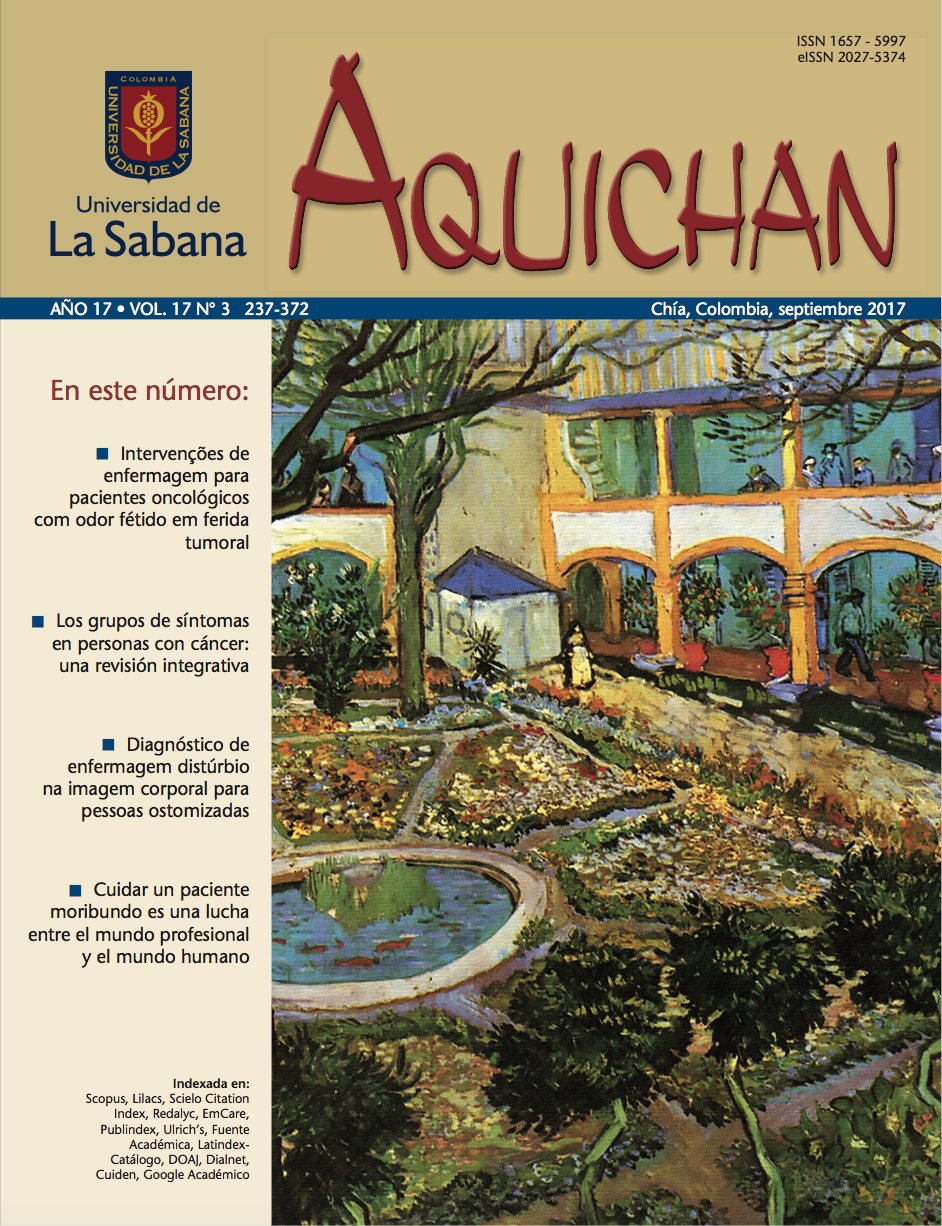Renal Replacement Therapy: A Meta-study and Synthesis of Qualitative Evidence
Keywords:
Qualitative research, renal dialysis, health care delivery, patient care, health servicesAbstract
The objective of this study was to synthesize, in terms of qualitative or Q evidence, the findings derived from qualitative studies on the subject of renal function substitution therapies (RFST). Method: A qualitative meta-study was carried out in four instances. Results: Seventy-five (75) studies were included. Of these, 52 explored experiences related to hemodialysis (HD), 10 concerned peritoneal dialysis (PD), six were on transplants, six concerned PD and HD at the same time, and one looked at the three RFSTs. The studies that were in- cluded describe and represent the phenomenon of living with a chronic condition and being subjected to a RFST in a very similar way. The common patterns of the phenomenon were grouped and described in three main subject areas: metamorphosis of life; various aches and pains; and therapy invades life. Conclusion: The results show the human dimensions are closely interrelated. Accordingly, the phenome- non of living with a RFST generates a change in one’s “being" as a whole, since it is not possible to separate one dimension from another. This underscores the importance of thinking about attending to needs from a relational and non-hierarchical perspective.
Downloads
Downloads
Published
How to Cite
Issue
Section
License
1. Proposed Policy for Journals That Offer Open Access
Authors who publish with this journal agree to the following terms:
- The journal and its papers are published with the Creative Commons License Attribution-NonCommercial-NoDerivatives 4.0 International (CC BY-NC-ND 4.0). You are free to share copy and redistribute the material in any medium or format if you: give appropriate credit, provide a link to the license, and indicate if changes were made; don’t use our material for commercial purposes; don’t remix, transform, or build upon the material.





